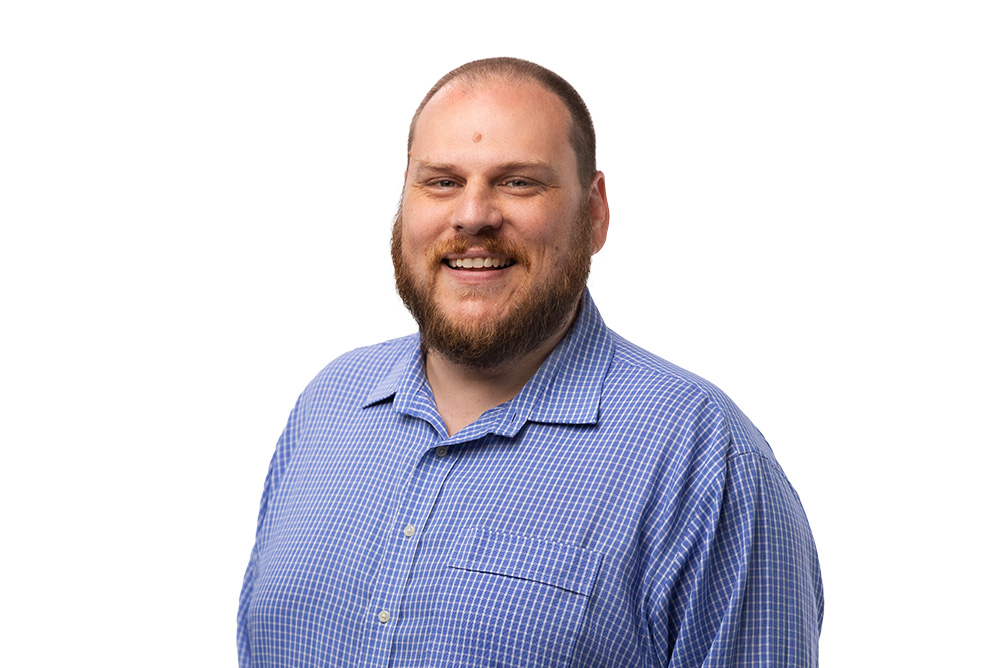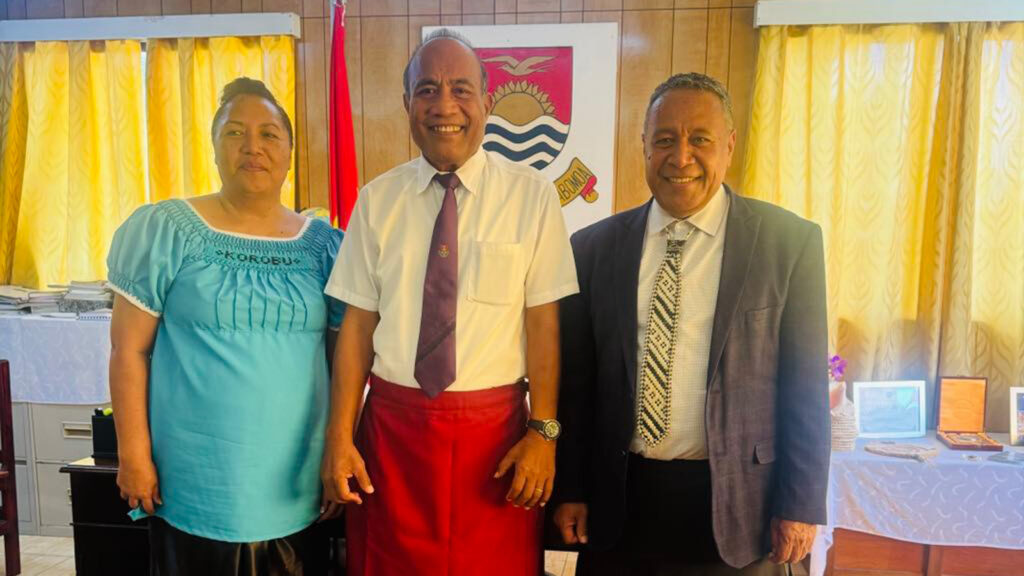Seventh-day Adventist leaders from Australia and New Zealand were represented at the Unity 2017 conference, held June 15-18 at the Crown Plaza Heathrow, London, UK.
The conference was a combined union meeting to discuss three main issues: Church unity, Church authority and freedom of conscience—issues that grew out of decisions taken by the General Conference (GC) at the most recent annual council meetings.
“We felt the documents that were presented there about the issue of unity in the Church needed further discussion and more in-depth study,” said Dr Brad Kemp, president of New Zealand Pacific Union and a delegate at Unity 2017.
According to Dr Kemp, GC officers, as well as all world unions, were invited to the meetings, at which 15 unions and a number of conference representatives attended. Pastor Brett Townend, president of South Queensland Conference, attended from the Australian Union Conference.
Presenters from this region included Dr Barry Oliver, former South Pacific Division president, Professor Ray Roennfeldt, president of Avondale College, and Dr Wendy Jackson, an Avondale lecturer whose dissertation was on Ellen White and unity.
Other presenters included Church historian and author George Knight, former GC officer Lyle Cooper, author and former Adventist Review employee Roy Adams, former secretary for the Trans-European Division, Reinder Bruinsma, Dr John Brunt and Dr Rolf Pohler.
“We wanted to be open, to encourage dialogue across the levels of the Church. We also let the GC and divisions know what we were doing and talking about,” said Dr Kemp.
According to Dr Kemp, the conference did not deal with the issue of women’s ordination itself but with other issues related to it, specifically Church unity, authority and freedom of conscience. These issues underpin the nature of the conversation within the Church given that the Theology of Ordination Study Committee (TOSC) reported that the Church did not have a single position on the matter of women’s ordination but rather two positions (read papers here.
“The ability for the Church to continue to engage in open dialogue around these issues is a sign of its maturity,” Dr Kemp said.
“What is interesting is that when you look at our history as a Church, we began through sitting and talking together about issues—the Sabbath conferences. We’ve never been afraid to talk and discuss issues of importance. In the same way today we shouldn’t be afraid of coming together, studying the Scriptures and talking—this is our heritage.”
Each day the meetings began with an hour set aside for prayer and a devotional reflection, shared by Dr Gary Patterson, a retired GC field secretary. There was also time set aside throughout the day to pray and participants say all was conducted in a positive atmosphere. [pullquote]
When asked if this was a distraction to the mission of the Church, Dr Kemp responded: “I would say that these things have a big impact on the mission of the Church. The next generation is being disenfranchised, particularly our younger women, because they see that their Church is on the wrong side of the moral issue of gender equality. All three issues we discussed [Church unity, authority and freedom of conscience] are significant in how the Church does its work.”
With another GC annual council approaching, the question for those attending Unity 2017 is, where to from here?
“The next step is to see what meaningful dialogue we can have with the GC and see what happens at annual council,” said Dr Kemp.
“We have a small group who will continue working on a suitable response that will provide the basis for ongoing conversation. In the meantime we remain focused on mission and pursuing the mission of the Church.”






